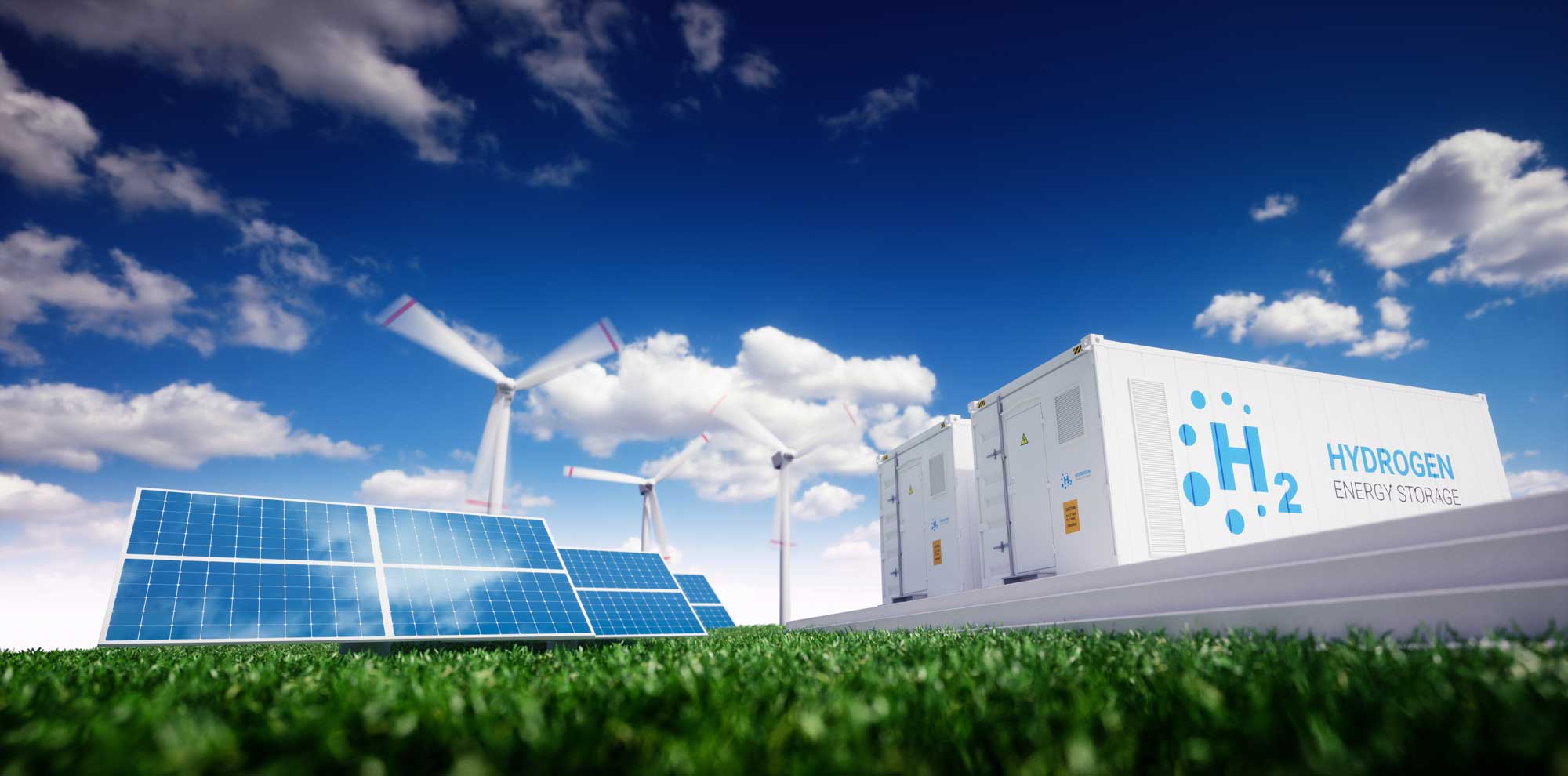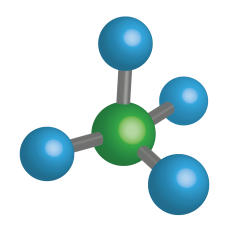Conventional power-to-gas systems use electrolysis to convert water into hydrogen with the option of subsequent methanation. The lead project HydroMetha is focused on the optimisation and coupling of these two processes, with the goal of increasing the overall efficiency to >90%el. Under the direction of AVL List GmbH1, a cutting-edge, fully integrated system for CO2 + H2O high-temperature co-electrolysis with solid oxide fuel cells (Co-SOEC) and catalytic methanation is under development. These two key technologies are being integrated at laboratory scale in a complete 10 kWel system for study and testing in sustained operation.
The key targets of this carrier are as follows:
> Highly efficient CO2 sink via the conversion of CO2 + H2O into H2 and CO in the developed Co-SOEC fuel cell with an efficiency of >90%
> Increasing the overall electrical Co-SOEC plus methanation efficiency compared to systems using low-temperature PEM electrolysis >30%
> Increasing the power density of the Co-SOEC cell by >100%
> Dynamic operation of the methanation in a load range between 20 and 120%
> Significantly improving heat management compared to systems without Co-SOEC, leading to a reduction of heat energy losses >50%
The aim is to establish a national and European value chain for Co-SOEC technologies. By simplifying the system, increasing its useable life and durability as well as optimising the entire process chain, researchers anticipate that costs will fall, resulting in great market potential for an integrated electricity storage system
1 PROJECT PARTNERS: Fraunhofer – Institute for Ceramic Technologies and Systems, Energy Institute at Johannes Kepler University Linz, University of Leoben/Faculty of Physical Chemistry and Faculty of Process Engineering in Industrial Environmental Protection, Prozess Optimal CAP GmbH

